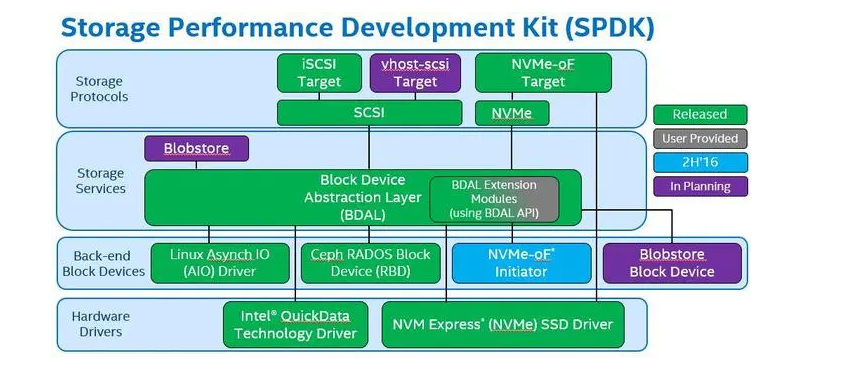In our previous research, we established that 5-aminolevulinic acid photodynamic therapy (ALA-PDT) effectively inhibits the proliferation of HeLa cells by regulating autophagy or apoptosis. Additionally, Hydroxychloroquine (HCQ), a widely used immunosuppressive drug, has been employed in various clinical applications and as an autophagy degradation inhibitor in several clinical studies.
To investigate the effect of HCQ on ALA-PDT, we measured HeLa cell viability using the cell counting kit-8 (CCK-8) assay. The levels of reactive oxygen species (ROS) were determined using flow cytometry while autophagosomes were observed under fluorescence microscopy. Furthermore, we analyzed the expression of Beclin-1, ERK and PI3K/AKT signaling pathways.
Our results indicated that combining HCQ with ALA-PDT resulted in increased levels of both autophagosomes and autolysosomes. Moreover, ROS and Beclin-1 levels were significantly upregulated while PI3K/AKT phosphorylation levels were further downregulated in the HCQ and ALA-PDT group compared to ALA-PDT alone. The ERK phosphorylation level showed no significant difference between the combined treatment group and ALA-PDT alone.
Our study suggests that HCQ could effectively enhance the cytotoxic effect of ALA-PDT by regulating upstream signaling molecules of autophagy. These findings may provide potential strategies to improve PDT efficacy in treating HPV infections.





















